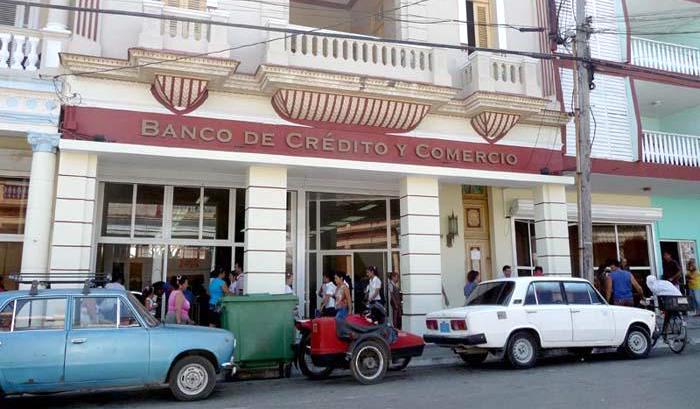As of January 1, with the implementation of the Tarea Ordenamiento, the CUC will finally disappear and the official exchange rate for the dollar will be 1 for 24 Cuban pesos. Wasn't that what the people wanted? Now, instead of monthly salaries of between 25 and 40 dollars, Cubans will earn 87 dollars (2,100 pesos), at least. Of course, this salary will be received in Cuban pesos, the official currency of the country, with which the dollars must be bought ... but, from whom? Where are those dollars that cost 24 Cuban pesos?
The fact is that the Cuban state does not have dollars to sell. It does not even have enough for those who have bank accounts in dollars or Euros to withdraw whatever amount of money they want to, whenever they want to. Even medical personnel who carry out missions abroad (recognised by the Government as their main source of foreign cash) will have their bank savings frozen if they decide to convert them into dollars or Euros.
Cubans who do not have dollars, or anyone sending them any, will have to use pesos, the official currency of the country after the elimination of the CUC. But, where? What basic products does the Cuban State sell in pesos, besides those at grocery stores? None. Whoever needs soap, shampoo, detergent, tomato puree, oil, will have to buy them with dollars. But first one has to put them in a bank account, after which he is unable to touch them again. Rather, he must request a magnetic card to buy at "Freely Convertible Currency" (FCC) stores.
It is then that Cubans will see that their real salary is not $87, but $60 or less. And, if the State does not sell dollars, they will only be able to buy them on the street, where they will be hard pressed to find them for less than 35 Cuban pesos.
Thus, Cuban workers will not only find themselves faced with drastic decreases in their salary, but also with the dilemma of dispensing with basic necessities or committing the crime of "illegal trafficking in national currency, foreign currency, metals or precious stones."
Article 235.1 of the current Penal Code calls for "two to five years of incarceration, or a fine of 300-1,000, or both, for those who f) engage in exchange operations on black markets involving national or foreign currencies or through channels other than the legally established channels".
This subsection f is the one that has been wielded to indict the "resellers" who operated near Exchange Houses (Casas de Cambio) (CADECAS) and stores using CUC, selling the convertible peso for 25 Cuban pesos, which was the same price at which CADECA sold it, with the difference that they were able to sell them without any lines.
Many Cubans refused to buy CUC from these people because they did not want to use a channel other than those that were "legally established." Where are those channels to buy currency now?
The two to five years in jail, or a fine of 300,000, or both, is not only stipulated for those who sell the currency, but also for those who, in the absence of legal alternatives, must buy it. Both parties are guilty of exchange operations on the black market, according to the law.
At this time it is not necessary to have the cash on one's person. A bank transfer that is considered to be suspicious, a possible illegal exchange operation involving dollars or FCC between Cubans, or between foreigners, or between foreigners and Cubans located in Cuba, through the use of technologies for the electronic circulation of money, suffices for a police report to be filed. Banks in Cuba are obliged to inform the specialized structures of the Interior Ministry in charge of the determination of economic crimes regarding the identity of those whose banking operations, of any kind, are considered suspicious.
In its statements on the Ordenamiento legislation, the Government has assured Cubans, several times, that no one will go without. Did they mean that, in prisons, inmates are guaranteed food? Many honest people, who have done nothing but work throughout their lives, and continue to do so, or are retired, could go to prison or pay fines for a crime that is induced by the state.
If the Government is unable to supply the stores that sell in the official currency of the country (which, according to the authorities, was the objective of the stores in Freely Convertible Currency), nor provide the people with an alternative for the legal purchase of dollars, it must eliminate from the Penal Code the crime of illegal currency trafficking, or refrain from applying any sanction until the problem that it has created is resolved.
